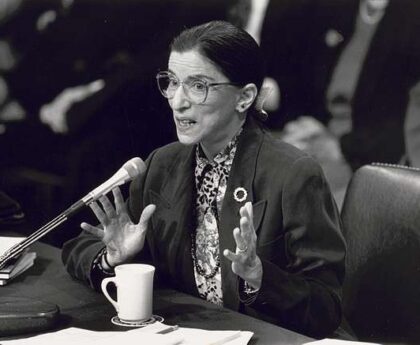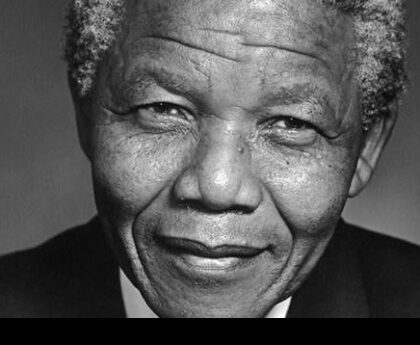Last Updated on 4 May 2024 by Biographybliss Team
Who was Mahatma Gandhi?
Mahatma Gandhi, also known as Mohandas Karamchand Gandhi, was a prominent leader in India’s struggle for independence against British rule. He is revered as the “Father of the Nation” in India.
What does “Mahatma” mean?
“Mahatma” means “Great Soul” in Sanskrit. It was a title of respect given to Gandhi for his noble ideals and contributions to humanity.
When and where was Mahatma Gandhi born?
Mahatma Gandhi was born on October 2, 1869, in Porbandar, a town in present-day Gujarat, India.
What were Mahatma Gandhi’s principles of nonviolence?
Gandhi’s principles of nonviolence, or Ahimsa, emphasized compassion, truthfulness, and a commitment to resolve conflicts through peaceful means.
What is Satyagraha?
Satyagraha is Gandhi’s philosophy of nonviolent resistance, based on the pursuit of truth (Satya) and insistence on nonviolent action (Ahimsa) in the face of injustice.
What role did Mahatma Gandhi play in India’s independence movement?
Mahatma Gandhi provided strong leadership and mobilized millions of Indians through nonviolent protests and civil disobedience campaigns against British colonial rule.
What was the Salt March?
The Salt March was a protest led by Gandhi against the British salt monopoly in India. It involved a 240-mile march to the Arabian Sea where Gandhi and his followers collected salt from the seashore in defiance of British laws.
What was the Quit India Movement?
The Quit India Movement, launched in 1942, was a mass civil disobedience campaign demanding an end to British rule in India. It marked a significant turning point in the struggle for independence.
How did Mahatma Gandhi promote communal harmony?
Gandhi advocated for religious and communal harmony, emphasizing the importance of mutual respect and understanding among people of different faiths and backgrounds.
What impact did Mahatma Gandhi have on civil rights movements worldwide?
Gandhi’s philosophy of nonviolence inspired civil rights leaders like Martin Luther King Jr. in the United States and Nelson Mandela in South Africa, who adopted similar peaceful resistance tactics.
What were Mahatma Gandhi’s views on women’s rights?
Gandhi championed the empowerment of women and advocated for gender equality, encouraging their participation in the freedom struggle and promoting education for girls.
How did Mahatma Gandhi envision India after independence?
Gandhi envisioned a decentralized and self-reliant India with strong village communities (Gram Swaraj) and emphasized social equality and economic justice.
What were Mahatma Gandhi’s views on education?
Gandhi believed in holistic education that emphasized character development, vocational skills, and moral values, rather than mere academic knowledge.
What were Mahatma Gandhi’s economic principles?
Gandhi promoted the concept of Swadeshi (self-sufficiency) and advocated for decentralized cottage industries to empower rural communities and reduce dependence on foreign goods.
How did Mahatma Gandhi influence the Indian National Congress?
Gandhi provided leadership to the Indian National Congress and transformed it into a mass movement for independence, mobilizing people from all walks of life.
What was Mahatma Gandhi’s stance on religious tolerance?
Gandhi believed in the equality of all religions and emphasized the need for mutual respect and harmony among religious communities.
How did Mahatma Gandhi inspire social reforms in India?
Gandhi’s emphasis on social justice led to reforms in areas such as untouchability, women’s rights, and rural development, paving the way for a more inclusive society.
What were Mahatma Gandhi’s key teachings?
Gandhi’s key teachings included nonviolence, truthfulness, simplicity, self-discipline, and service to humanity.
What is Gandhi Jayanti?
Gandhi Jayanti is a national holiday in India celebrated on October 2nd to commemorate Mahatma Gandhi’s birthday and honor his legacy of nonviolence and social change.
What is Mahatma Gandhi’s enduring legacy?
Mahatma Gandhi’s enduring legacy is his message of nonviolence, truth, and moral courage, which continues to inspire movements for social justice and peace worldwide.



